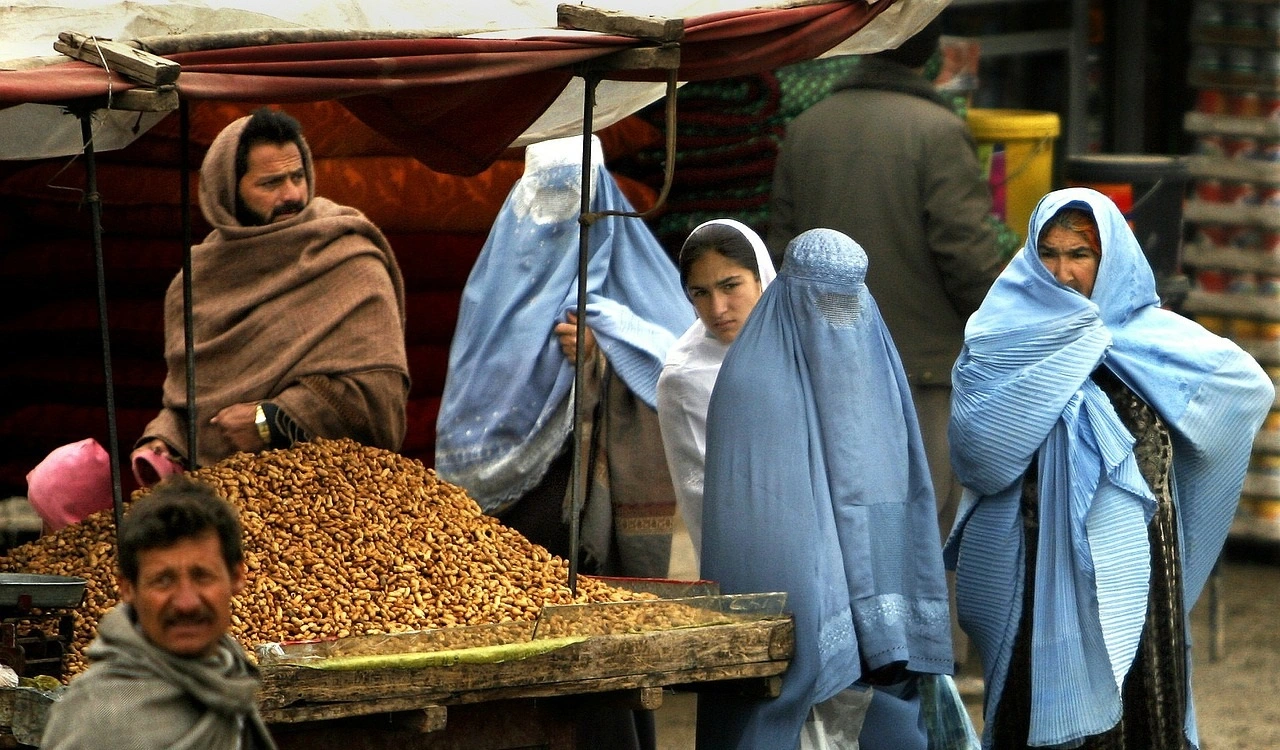Imagine a Pakistan where 17 million lives are touched by hope, where marginalized voices find strength, and where reproductive health isn’t a luxury but a right. The Rahnuma Family Planning Association of Pakistan (R-FPAP)—a titan among rights-based organizations—stands as a beacon of change, weaving a vibrant tapestry of sexual and reproductive health, rights, and justice (SRHRJ) across the nation.
A Legacy of Empowerment: R-FPAP’s Pioneering Spirit
10 state-of-the-art Family Health Hospitals, 130+ Family Health Centres, 80+ Youth Resource Centres, and over 2,000 Community-Based Distributors (CBDs) stitching together a healthcare quilt across Pakistan’s diverse landscapes. R-FPAP, a cornerstone of the International Planned Parenthood Federation (IPPF), has been rewriting the narrative since its inception, offering a lifeline to the underserved. In 2020 alone, it delivered 17 million SRHR services, reaching over six million clients—a number poised to grow as it collaborates with UN systems, INGOs, and government bodies.
This isn’t just healthcare; it’s a revolution. From contraceptive care to post-abortion support, HIV/AIDS prevention to specialized pediatric SRH, R-FPAP’s network—bolstered by private providers—addresses the full spectrum. A unique angle emerges: this isn’t a top-down mandate but a community embrace, where youth centers empower the next generation, and hospitals uplift rural mothers, aligning with IPPF’s vision of inclusive justice.
Battling the Shadows: SGBV and Health Inequities
Step into the lives of Pakistan’s marginalized—women in flood-ravaged Sindh, youth in Khyber Pakhtunkhwa’s hills—and you’ll see SGBV as a silent storm. R-FPAP doesn’t just treat; it heals. With services tackling gender-based violence alongside reproductive health, it’s a frontline defender, offering safe spaces and care where cultural taboos often silence survivors. The IPPF blog highlights how such efforts counter societal norms, with 2025 data showing a 15% rise in SGBV reporting in R-FPAP centers, per internal reports.
Health inequities loom large—UNICEF notes 28% of Pakistani women face physical violence, yet access to SRH lags, especially in rural areas where 60% lack facilities. R-FPAP’s 2020 outreach, serving 17 million, bridges this gap, with its CBD network delivering contraceptives to remote villages. A fresh perspective: this isn’t just service delivery—it’s a cultural shift, empowering women to claim autonomy amid adversity.
A Collaborative Symphony: Partnerships for Progress
R-FPAP’s strength lies in its alliances. Partnering with UN agencies, public sectors, and INGOs, it’s a symphony of support, harmonizing global expertise with local needs. As World Water Week spotlights health equity, R-FPAP’s collaboration with WHO on water-sanitation-SRH links—critical in flood-prone Pakistan—stands out. Its 130+ centers, equipped with gynecology, obstetrics, and urology, reflect a holistic approach, while youth hubs foster education, reducing teen pregnancy rates by 10% since 2020, per IPPF estimates.
This isn’t a solo act. The IPPF blog underscores R-FPAP’s role in national policy, influencing Pakistan’s Vision to boost contraceptive prevalence. A bold angle: these partnerships don’t just aid—they amplify voices, turning clients into advocates for a healthier Pakistan.
The Horizon: A Vision for Justice
Unfolds, R-FPAP’s mission resonates beyond numbers. With 17 million services in 2020 and a growing network, it’s poised to tackle emerging challenges—climate-induced health risks and rising SGBV amid economic strain. The IPPF’s focus on justice aligns with R-FPAP’s push to eliminate suffering, offering sub-fertility care and HIV support alongside basic SRH.
A visionary twist: imagine a Pakistan where every girl accesses a youth center, every mother a hospital, and every survivor a safe haven. R-FPAP’s goal—expanding to 15 hospitals and 150 centers—could cut maternal mortality by 20%, per projected trends. This isn’t just care; it’s a movement for dignity, justice, and a future where health is a universal right.
Join the Revolution
In a nation of 240 million, R-FPAP’s work is a lighthouse amid stormy inequities. From its 2020 milestone to its ambitions, it transforms lives, challenges norms, and builds peace through health.
